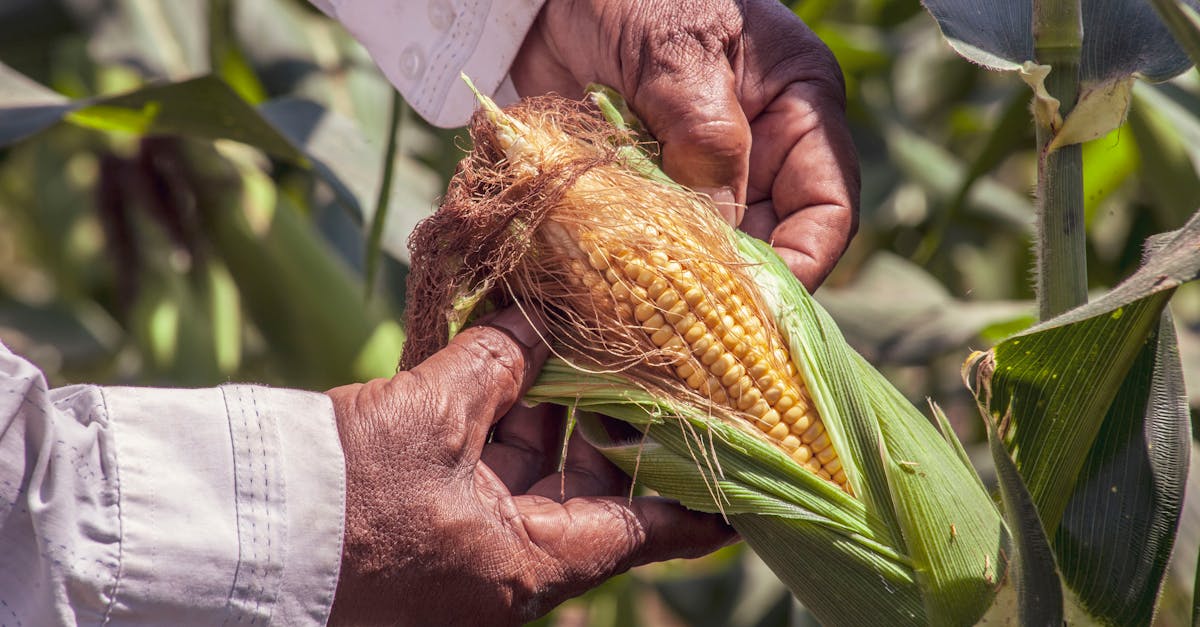Discovering an Unconventional Pet Choice
If you’re like me, you’ve probably grown up with the idea that traditional pets like cats, dogs, and birds are the go-to companions for a household. However, something surprising happened to me a few years ago that changed my perspective entirely. I was struck by the idea of keeping ants as pets. Yes, you read that right—ants! At first, this might sound strange, but let me tell you, there are numerous hidden benefits to choosing ants over traditional pets.
In this blog, I’ll share my personal journey, the fascinating world of ants, and why they might just be the perfect pet for you. So, let’s dive into this intriguing topic and explore the joys of ant-keeping.
The Unexpected Allure of Ants
A Unique and Low-Maintenance Pet

When I first considered ants as pets, I was looking for something different, something that wouldn’t require the same level of commitment as a dog or a cat. The reality is, traditional pets demand a lot of time, effort, and resources. If you ask me, the idea of having a pet that is both fascinating and low-maintenance was incredibly appealing.
Ants, on the other hand, require minimal care. They don’t need daily walks, grooming, or constant attention. All they need is a well-maintained ant farm, some food, and a bit of water. Personally, I’ve found that this low-maintenance aspect is one of the biggest advantages of keeping ants.
Ants: The Social Insects
What’s fascinating is the incredible social structure of an ant colony. Studies show that ants operate in a highly organised society where each member has a specific role. From the queen who lays eggs to the worker ants who forage for food and care for the young, every ant has a purpose. It’s interesting how these tiny creatures can teach us so much about teamwork and cooperation.
If I had to guess, you might be wondering what makes ants so captivating. For me, it’s their complex behaviours and the way they communicate with each other through pheromones. Watching an ant colony at work is like observing a miniature, bustling city. It’s clear that there’s always something happening, and it’s endlessly entertaining.
Educational Value
Another hidden benefit of keeping ants is the educational value they offer. If you have children, an ant farm can be a fantastic way to teach them about biology, ecology, and the importance of insects in our ecosystem. Looking back, I’ve always thought that traditional pets can be educational, but ants take it to another level.
One thing I’ve learned is that ants can spark curiosity and a sense of wonder in both children and adults. It’s no surprise that many schools use ant farms as educational tools. Watching ants build tunnels, forage for food, and care for their young can provide valuable lessons about nature and the environment.
The Practical Advantages of Ant-Keeping
Cost-Effective Pet Ownership
If you’re like me, you probably appreciate the financial aspect of pet ownership. Traditional pets can be quite expensive. Think about the cost of food, veterinary bills, grooming, and other supplies. The truth is, these expenses can add up quickly.

Ants, however, are incredibly cost-effective. An ant farm setup is relatively inexpensive, and the ongoing costs are minimal. You don’t need to buy expensive food or worry about vet bills. A little-known fact is that ants can thrive on a simple diet of sugar water, fruits, and small insects. From my point of view, this makes them an ideal pet for anyone on a budget.
Space-Saving Pets
Another practical advantage of keeping ants is the amount of space they require. Traditional pets often need a lot of room to roam and play. If you live in a small apartment or have limited space, this can be a significant challenge.
Picture this: an ant farm can fit on a small shelf or table, taking up very little space. You can even find vertical ant farms that are designed to be mounted on a wall. It’s interesting that such a small setup can provide hours of entertainment and education without taking over your living space.
No Allergies or Noise
If you or someone in your household suffers from allergies, traditional pets can be problematic. Pet dander, fur, and feathers can trigger allergic reactions, making it difficult to enjoy the companionship of a pet.
Interestingly enough, ants don’t cause allergies. They don’t shed fur or feathers, and they don’t produce dander. This makes them an excellent choice for households with allergy sufferers. Additionally, ants are silent. You won’t have to worry about barking, meowing, or chirping disturbing your peace and quiet.
The Joys of Observing Ant Behaviour
A Window into a Hidden World
One of the most joyful aspects of keeping ants is the opportunity to observe their behaviour up close. It’s funny how such tiny creatures can provide so much entertainment and fascination. If you ask me, watching ants go about their daily activities is like having a front-row seat to a nature documentary.

Ants are incredibly industrious and resourceful. They work together to build intricate tunnel systems, forage for food, and care for their young. What I’ve noticed is that there’s always something new to discover. Each day brings new behaviours and interactions to observe.
Building and Maintaining an Ant Farm
Setting up an ant farm is a rewarding experience in itself. It’s interesting that you can create a miniature world for your ants to explore and thrive in. There are various types of ant farms available, from simple plastic setups to more elaborate glass or acrylic enclosures.
Here’s a quick story: When I first set up my ant farm, I was amazed at how quickly the ants adapted to their new environment. Within hours, they were busy digging tunnels and exploring their surroundings. It was a fascinating process to watch, and it gave me a sense of accomplishment knowing that I had provided them with a suitable habitat.
Maintaining an ant farm is also straightforward. It involves keeping the enclosure clean, providing food and water, and ensuring that the ants have enough space to expand their colony. Personally, I’ve found that this routine is both relaxing and enjoyable.
The Thrill of Ant Hunting
Another exciting aspect of ant-keeping is the thrill of ant hunting. If you’re like me, you’ll enjoy the challenge of finding and capturing ants in the wild. It’s a great way to connect with nature and learn more about the different species of ants in your area.
When I first started ant hunting, I was struck by the diversity of ants I encountered. From tiny black ants to larger red ants, each species has its own unique characteristics and behaviours. It’s clear that there’s a whole world of ants waiting to be discovered.
Overcoming Common Misconceptions
Ants Are Not Just Pests
One common misconception about ants is that they are merely pests. The reality is, ants play a crucial role in our ecosystem. They help with soil aeration, decomposition, and pest control. By keeping ants as pets, you can gain a deeper appreciation for their ecological importance.

It’s interesting that many people view ants negatively, but from my point of view, they are fascinating and valuable creatures. Ants can teach us about cooperation, resourcefulness, and the interconnectedness of life.
Ants Are Clean and Organised
Another misconception is that ants are dirty or unhygienic. In reality, ants are very clean and organised. They have specific areas for waste disposal and grooming, and they work together to keep their colony tidy.
If you ask me, ants are some of the most organised creatures on the planet. Their ability to maintain a clean and efficient colony is truly impressive. It’s no surprise that they have thrived for millions of years.
Ants Are Not Boring
Some people might think that ants are boring pets because they are small and don’t interact with humans in the same way that traditional pets do. However, what I’ve noticed is that ants are anything but boring. Their complex behaviours and social interactions provide endless entertainment and fascination.
One thing I’ve learned is that ants have personalities and quirks just like any other pet. Watching them solve problems, communicate, and work together is incredibly rewarding. It’s clear that there’s never a dull moment in an ant colony.
Embracing the Ant-Keeping Lifestyle
Joining the Ant-Keeping Community
If you’re considering keeping ants as pets, you might find this helpful: there’s a vibrant and supportive ant-keeping community out there. From online forums to social media groups, there are plenty of resources and fellow enthusiasts to connect with.

Personally, I’ve found that joining the ant-keeping community has been a fantastic way to learn more about ant care, share experiences, and get advice. It’s interesting that such a niche hobby can bring people together from all over the world.
The Joy of Sharing Your Passion
One of the most rewarding aspects of keeping ants is sharing your passion with others. Whether it’s showing your ant farm to friends and family or participating in online discussions, it’s clear that people are often intrigued and fascinated by the idea of keeping ants as pets.
Here’s a quick story: The other day, I was showing my ant farm to a friend who had never considered ants as pets. She was amazed by the complexity of the ant colony and the behaviours she observed. By the end of the visit, she was seriously considering starting her own ant farm. It’s funny how sharing your passion can inspire others to explore new interests.
The Long-Term Benefits
Looking back, I’ve always thought that traditional pets are a long-term commitment, but ants offer a unique and fulfilling alternative. The long-term benefits of keeping ants include a deeper understanding of nature, a sense of accomplishment, and the joy of observing these incredible creatures.
What’s fascinating is that ants can live for several years, providing ongoing entertainment and education. As I see it, the long-term benefits of ant-keeping far outweigh any initial misconceptions or doubts.
Taking the First Step
Getting Started with Ant-Keeping
If you’re ready to take the plunge into the world of ant-keeping, here are some steps to get you started:
-
Research: Learn about different species of ants and their specific care requirements. There are many resources available online, including websites, forums, and books.
-
Choose an Ant Farm: Select an ant farm that suits your space and budget. There are various types available, from simple plastic setups to more elaborate glass or acrylic enclosures.
-
Find Your Ants: You can either purchase ants from a reputable supplier or capture them in the wild. If you choose to capture wild ants, be sure to research the best methods for doing so.
-
Set Up the Ant Farm: Prepare the ant farm by adding the appropriate substrate, food, and water. Follow the instructions provided with your ant farm to ensure a suitable environment for your ants.
-
Introduce the Ants: Carefully introduce the ants to their new home. Observe them as they explore and start building their colony.
-
Maintain the Ant Farm: Keep the ant farm clean, provide fresh food and water, and monitor the health and behaviour of your ants.
Embrace the Journey
The journey of ant-keeping is filled with discovery, education, and joy. If you ask me, there’s no better way to connect with nature and learn about the intricate world of insects. By choosing ants as pets, you’re opening the door to a unique and fulfilling experience.
It’s clear that ants offer numerous hidden benefits that traditional pets simply can’t match. From their low-maintenance care to their fascinating behaviours, ants are truly remarkable creatures. So, why not give ant-keeping a try? You might just find that these tiny insects bring a big dose of joy and wonder into your life. 🐜





